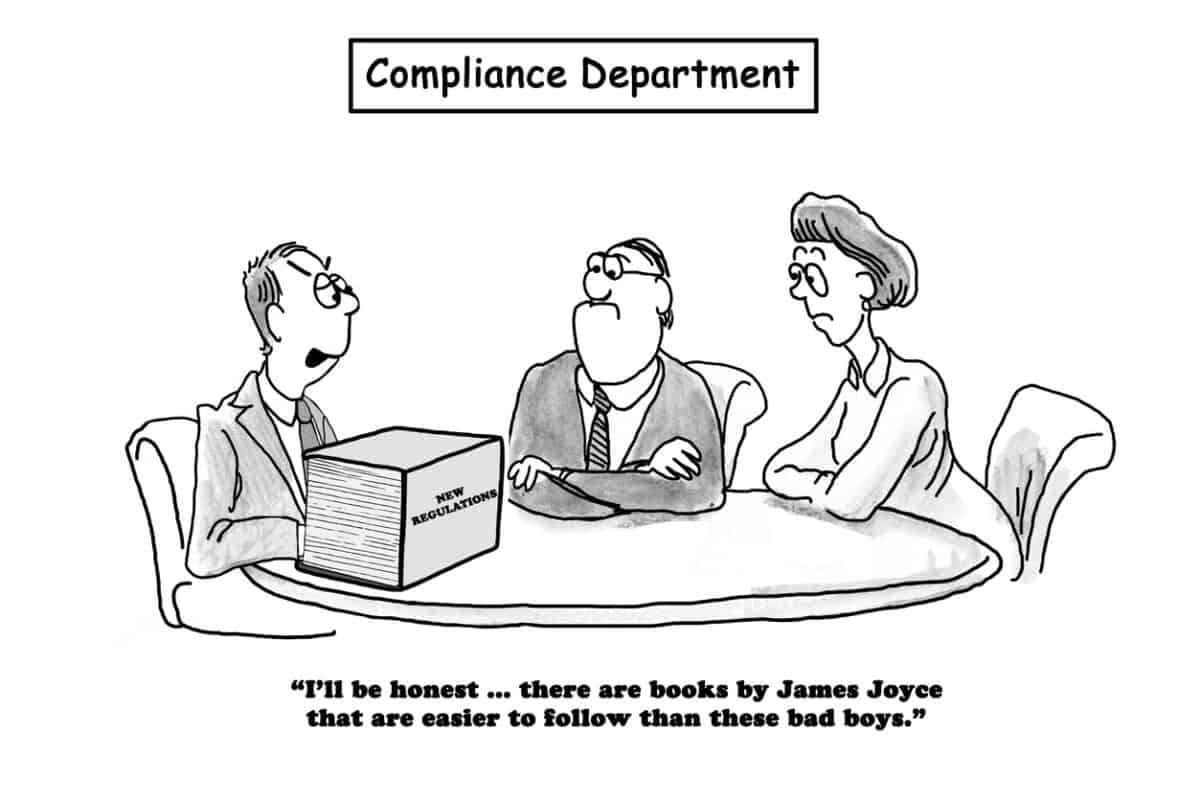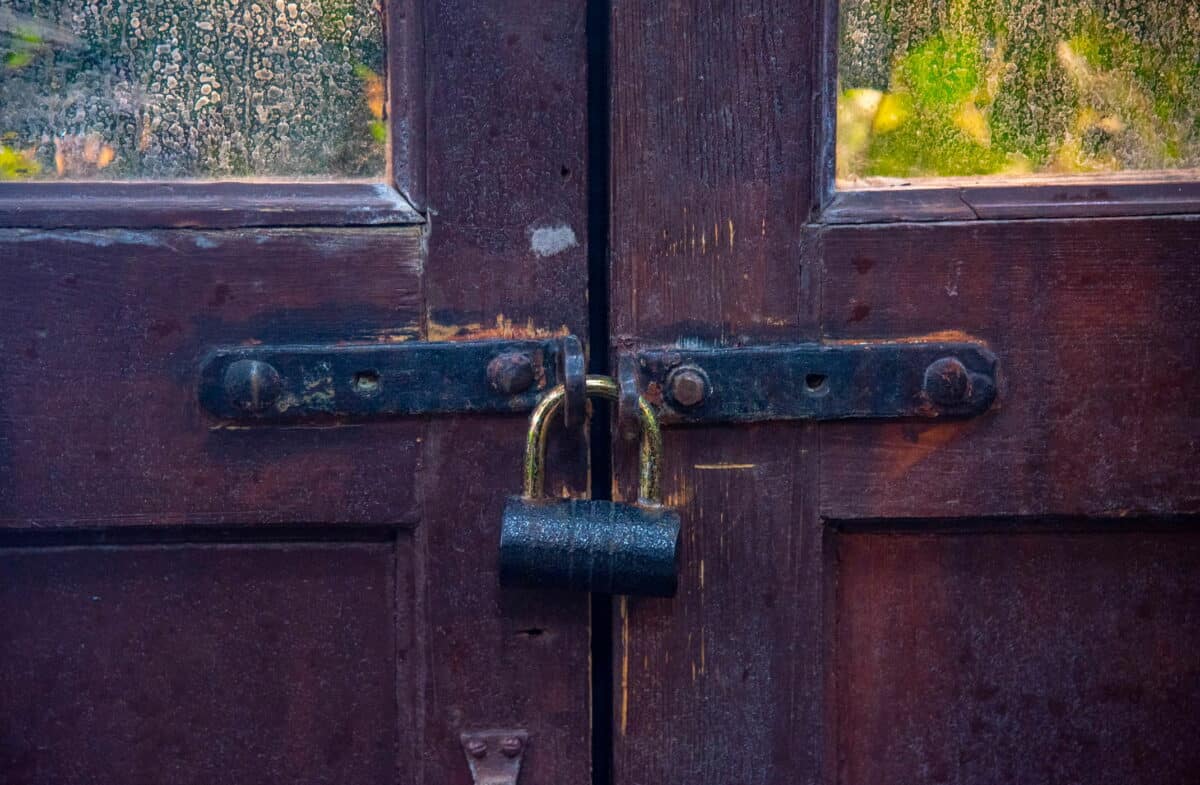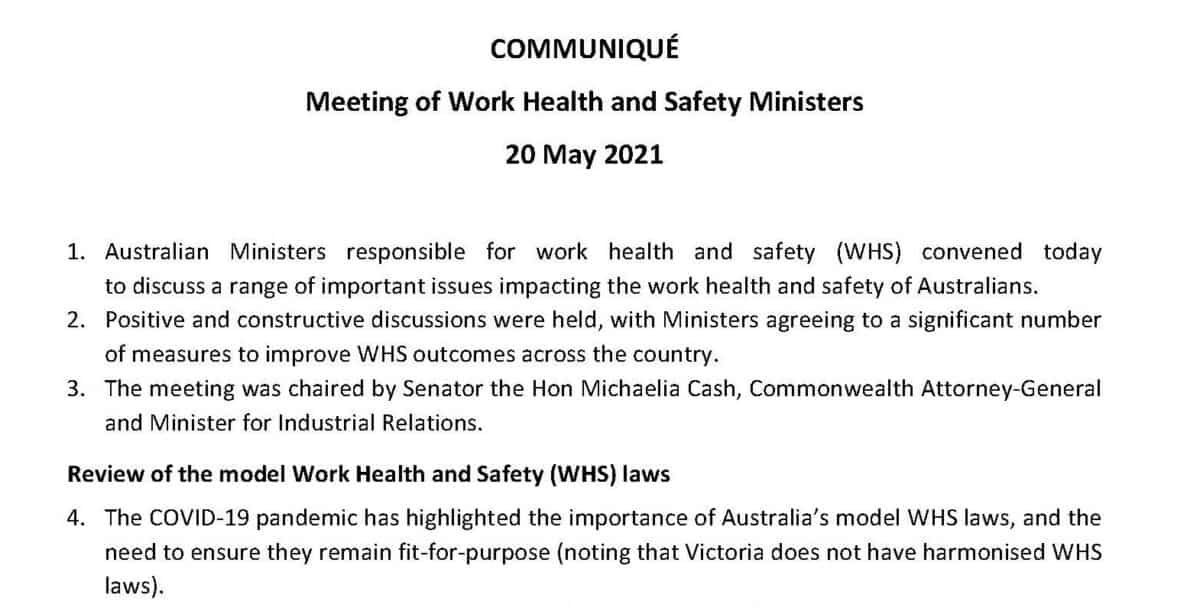Robert Gottliebsen continues to support the campaign led by Self-Employed Australia’s Ken Phillips, to have senior members of the Victorian government prosecuted for breaches of the Occupational Health and Safety (OHS) Act. However, his arguments are becoming weaker.
On February 13 2022, in his column in The Australian (paywalled), Gottliebsen made big claims for Phillips’ legal action, which is being crowdfunded and advised by anonymous (but “some of Australia’s top OHS”) lawyers. He concluded his latest article saying:







